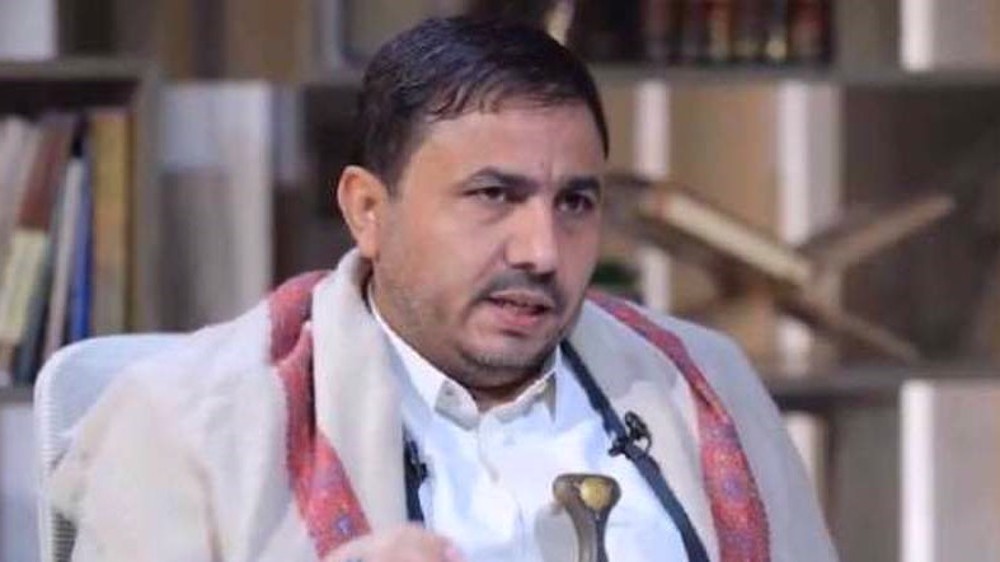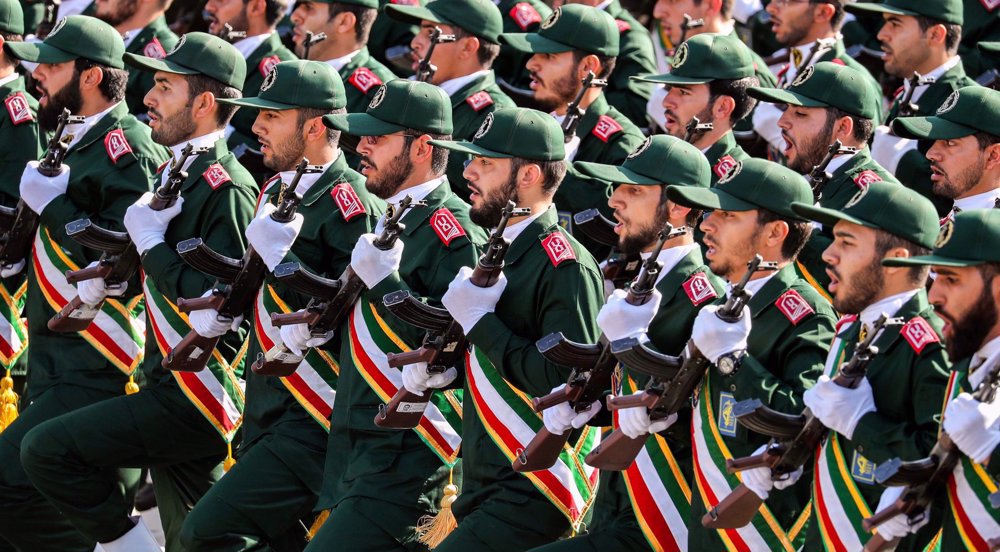At least 14 killed as UAE, Saudi mercenaries clash in south Yemen
At least 14 UAE-backed southern separatists and Saudi-led militants have been killed as clashes between the two sides entered a sixth day in the southern Yemeni province of Abyan.
Separatist forces of the so-called Southern Transitional Council (STC) are resisting an offensive by Saudi-sponsored militants loyal to Yemen's former president Abd Rabbuh Mansur Hadi, launched on the outskirts of Zinjibar, some 60 km from the main southern city of Aden.
A military official of Yemen's former government told AFP news agency that 14 militants, including 10 pro-Hadi mercenaries, were killed on Saturday as fighting between the two sides entered a sixth day.
A separatist military source confirmed the death toll, claiming the capture of 40 pro-Hadi militants and the seizure of military equipment.
The fighting is the first major confrontation since the separatists declared self-rule in southern Yemen on April 26, accusing Hadi's loyalists of failing to perform their duties and of "conspiring" against their cause.
At least 10 militants were killed and many were wounded on both sides in fighting on Monday.
Both the UAE-sponsored separatists and the Saudi-backed militants loyal to Hadi serve the Riyadh-led military coalition and have been engaged, since March 2015, in a bloody war on Yemeni people.
Ties between the two sides have soured over a number of issues, including what the Yemenis view as the UAE's intention to occupy Yemen’s strategic Socotra Island and gain dominance over major waterways in the region.
Southern Yemen was a separate country until it merged with the north in 1990.
The US-based Armed Conflict Location and Event Data Project (ACLED), a nonprofit conflict-research organization, estimates that the war has claimed more than 100,000 lives over the past five years.
More than half of Yemen’s hospitals and clinics have been destroyed or closed during the war by the Saudi-led coalition, which is supported militarily by the UK, US and other Western nations.
At least 80 percent of the 28 million-strong population is also reliant on aid to survive in what the United Nations has called the world’s worst humanitarian crisis.
‘Ready for next round’: Million-man rally in Yemen backs Gaza, resistance
FM Araghchi departs Muscat for Doha following nuclear talks with US
Israeli keeps killing more Palestinian civilians in Gaza amid relentless ceasefire violations
Aliyev: Azerbaijani territory will not be used for threats against Iran
Turkey arrests two on charges of spying for Israeli regime
Iran FM declares ‘good start’ as US–Iran talks conclude in Muscat
Iran strongly condemns 'terrorist' mosque blast in Islamabad
Iran enters talks backed by national power, popular support: MP











 This makes it easy to access the Press TV website
This makes it easy to access the Press TV website